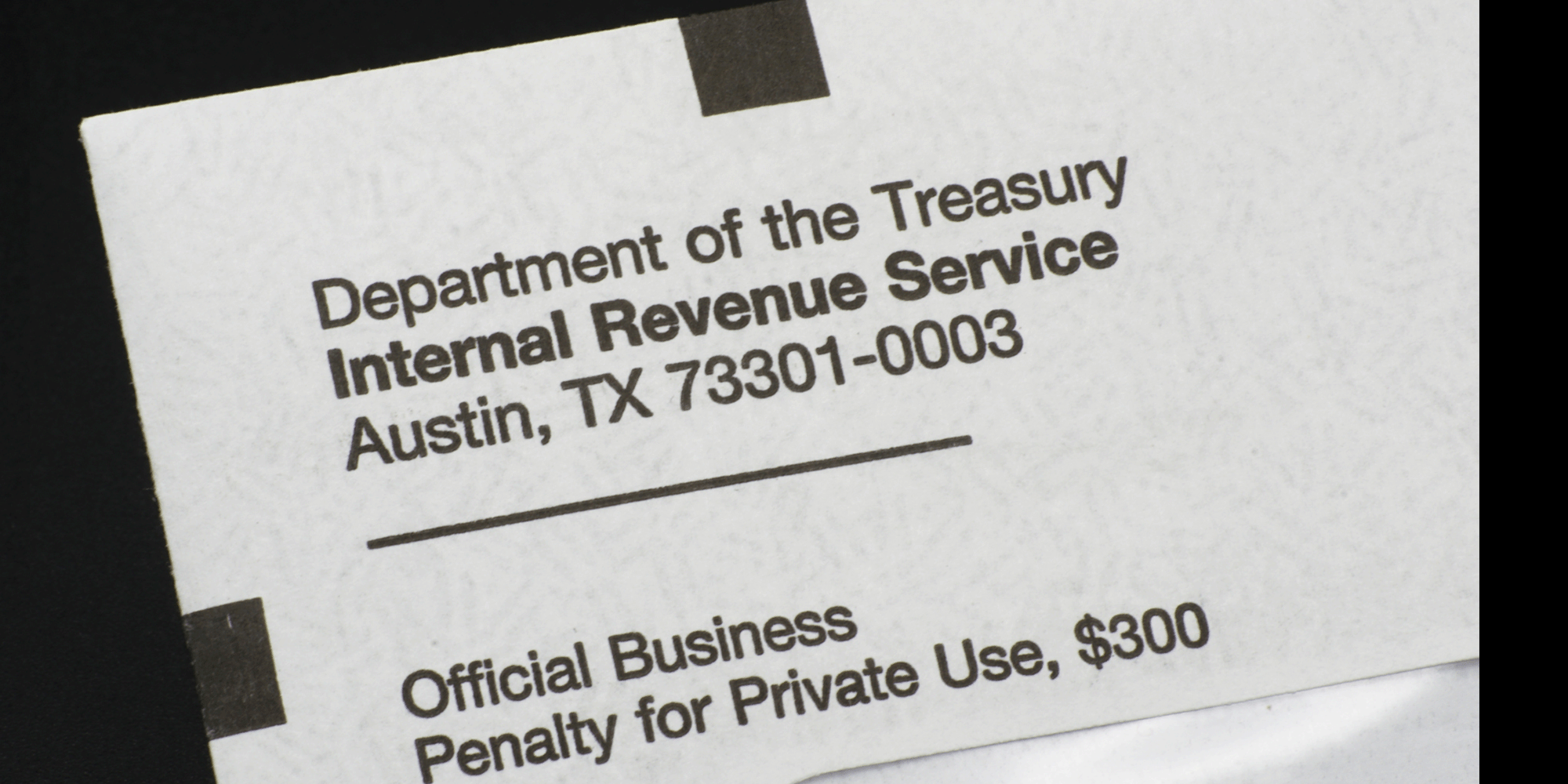How to Navigate Tax Reporting for Digital Assets, Gig Work, and Tips
Hey folks, just a friendly reminder from the Internal Revenue Service: when it comes to your taxes, it's important to report all the money you've earned, whether it's from digital asset transactions, your regular job, gig work, or tips.
This includes any income you've made from digital assets like cryptocurrency, as well as from the gig economy and service industry. The IRS lays out all the reporting requirements for these kinds of earnings in the Instructions for Form 1040 and Form 1040-SR. You can also find more info on IRS.gov. This announcement is part of the IRS's Tax Time Guide, which aims to help taxpayers file their taxes correctly. If you need further guidance, you can check out Publication 17, Your Federal Income Tax (For Individuals) or you can contact Morris and Associates to help you with your tax questions.
Digital Assets

Now, let's talk digital assets. These are basically digital versions of money or other valuable items, recorded on a secure online ledger. Some common examples include convertible virtual currency (like Bitcoin), stablecoins, and non-fungible tokens (NFTs).
Answer The Question
Now, onto the nitty-gritty of reporting digital asset transactions. No matter if you're filling out Forms 1040, 1040-SR, 1040-NR, 1041, 1065, 1120, or 1120-S, there's one crucial question you need to answer: Did you deal with digital assets in any way during the tax year? You've got two options: "Yes" or "No." And here's the kicker: this question applies to everyone, not just those who made transactions involving digital assets in 2023.
If you check "Yes," it means you've had some involvement with digital assets. This could be receiving them for services, getting them as gifts, earning them through mining or staking, or even selling them. If you've done any of these things, you need to report all the income related to those transactions.
Let's break it down a bit. If you sold, exchanged, or transferred digital assets, you'll need to use Form 8949 to calculate your capital gain or loss on those transactions. Then, you report that on Schedule D (Form 1040), the section for Capital Gains and Losses. If you gave away digital assets as a gift, you might also have to file Form 709, the United States Gift (and Generation-Skipping Transfer) Tax Return.
Now, if you received digital assets as wages, you need to report their value as part of your income. Similarly, if you're an independent contractor who got paid in digital assets, that income goes on Schedule C (Form 1040), which is for Profit or Loss from Business (Sole Proprietorship). And if you sold, exchanged, or transferred digital assets as part of your business, and you're not operating through a separate entity, Schedule C is where you report that too.
On the flip side, if you check "No," it means you didn't engage in any transactions involving digital assets during the tax year. You're in the clear if your digital asset activities were limited to holding them in a wallet or account, transferring them between your own accounts, or buying them using regular currency like dollars or euros.
For more detailed info and FAQs, head over to the Digital Assets page on IRS.gov. It's your one-stop shop for all things related to reporting digital asset transactions come tax time.
Taxes and the Gig Economy

Let's dive into the realm of the gig economy. If you've been hustling in the gig world, whether it's driving for a ride-sharing service, doing freelance work, selling your crafts online, or even doing background acting in the latest Hollywood movie, listen up. That income you've been bringing in? Yeah, it's taxable, and Uncle Sam wants to know about it.
Gig work covers a wide range of activities, from providing services or goods on demand to running your own little online shop. These days, a lot of these transactions happen through digital platforms like apps or websites, making it easier than ever to get involved.
Now, here's the deal: no matter if your gig work is a temporary gig, a part-time hustle, or just something you do on the side, you've got to report all that income to the IRS. It doesn't matter if you're getting paid in cash, through digital assets like cryptocurrency, or even in goods or property.
Even if you didn't get any official paperwork like a Form 1099-K, 1099-MISC, or W-2, you still need to report that income on your tax return. The IRS isn't letting anything slip through the cracks.
Need more info on navigating the gig economy tax maze? Check out the gig economy tax center for all the tips and guidance you need. It's your go-to spot for making sure you're staying on the right side of the taxman when it comes to your gig income.
Service Industry Professionals

Alright, let's talk about tips in the service industry. If you're working in places like restaurants, hotels, or salons, chances are you're getting tipped by customers for your stellar service. But here's the scoop: those tips? They're taxable, whether they come in the form of cold hard cash or other non-cash goodies.
First off, if you're getting cash tips, it's on you to report them to your employer. They'll then include them on your Form W-2, which is your Wage and Tax Statement. And hey, this doesn't just cover tips handed directly to you; if your co-worker slips you a few bucks from their tip jar or if tips are shared among employees, those need to be reported too. Even tips paid electronically or through some tip-sharing scheme fall under this rule.
Now, let's talk noncash tips. These are basically anything that's not cash, like concert tickets or gift cards. You don't have to tell your employer about these, but they still need to be reported on your tax return.
If you forgot to spill the beans on some of your tips to your employer, no worries. You'll just need to report them separately using Form 4137, which is all about Social Security and Medicare Tax on Unreported Tip Income. Oh, and don't forget: you'll have to cough up the Social Security and Medicare tax that's due on those unreported tips.
Now, here's a little relief: if your tip haul from one employer is less than 20 bucks in a month, you're off the hook as far as reporting to your employer goes. But if you're pulling in more than that, you'll need to let your employer know about those tips by the 10th of the following month.
For more on keeping track of your tips and how to report them like a pro, check out the Tip Recordkeeping and Reporting section. It's your go-to guide for navigating the ins and outs of tip reporting.
Get Compliant and Get Tax Relief
Morris and Associates are experts when it comes to helping individuals and companies find tax relief in Georgia but can help no matter where you live or whatever tax questions you have. Contact us to help with your taxes and possibly even reduce the amount that you owe.
Posts by Tag
- tax problems (49)
- tax services (41)
- How the IRS Works (40)
- Resolving tax debt (38)
- Offer in Compromise (17)
- Tax News (14)
- 2023 Taxes (12)
- filing deadline (7)
- Tax Relief (6)
- Tax Preparation (5)
- 2020 taxes (4)
- Tax Advice (4)
- Avoiding an Audit (3)
- IRS Final Notice (2)
- Save Money (2)
- Estate Planning (1)
- Prior year returns (1)
Recent Posts
Popular Posts
Where's My Refund?
Just wanted to give you a...
An Offer-in-Compromise (OIC) is an agreement...
IRS IS CRACKING DOWN
The IRS has made it...

